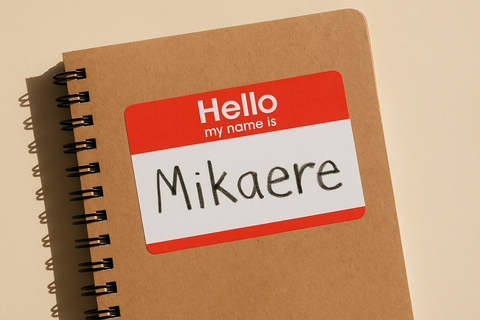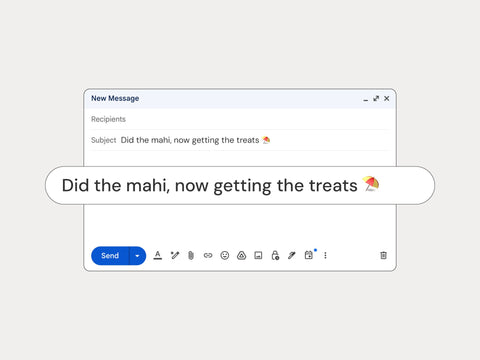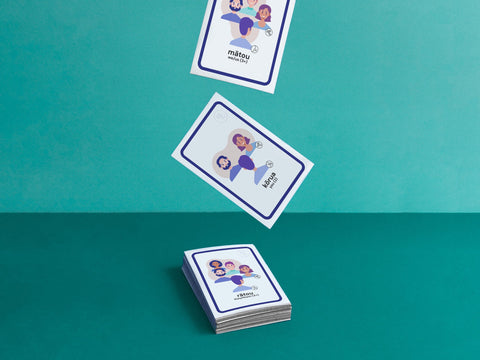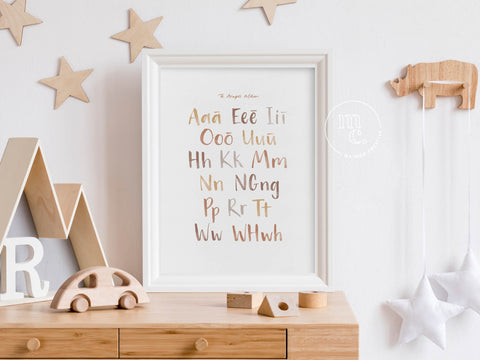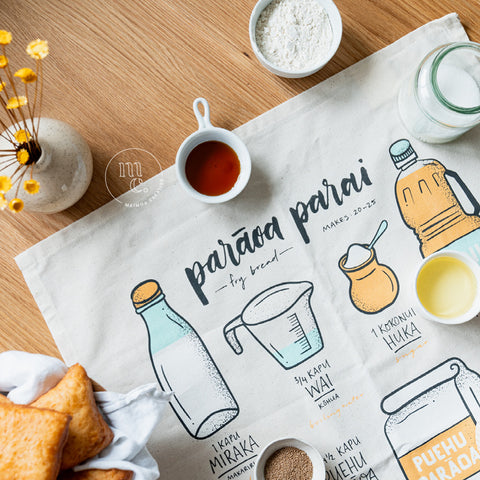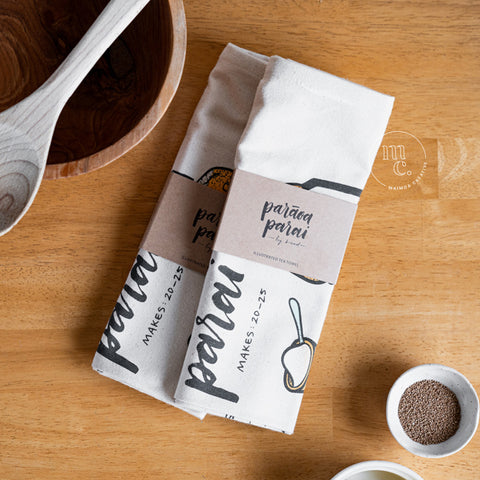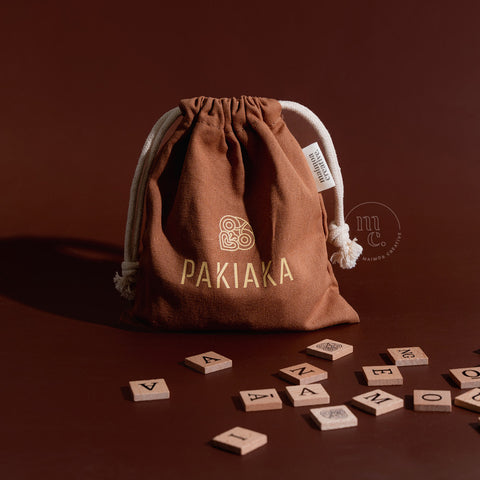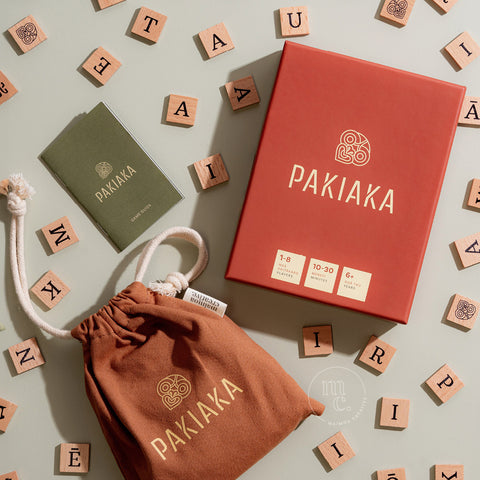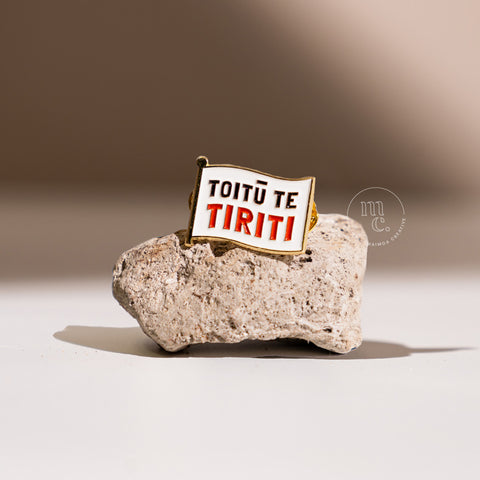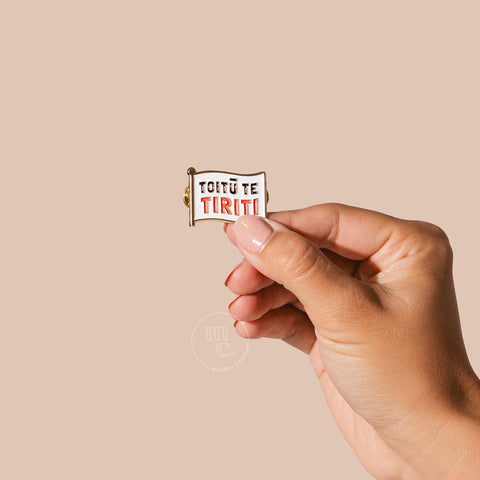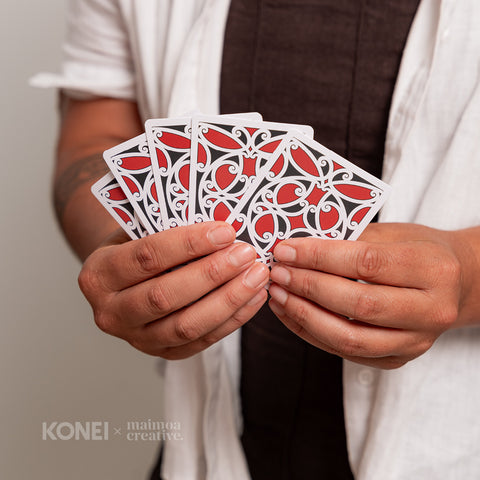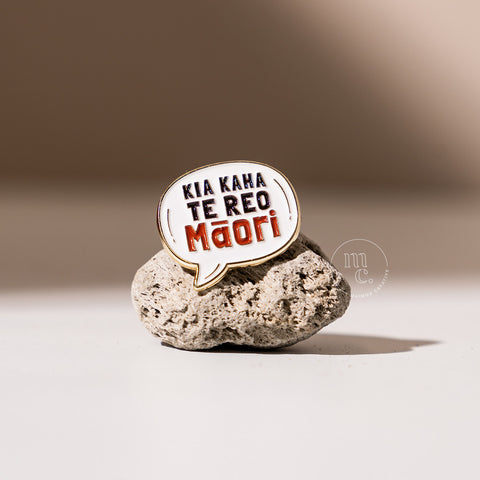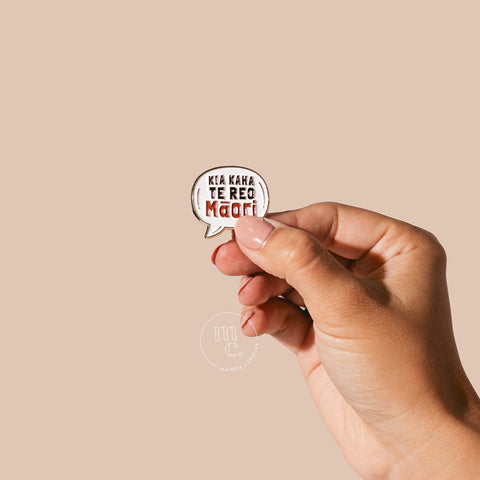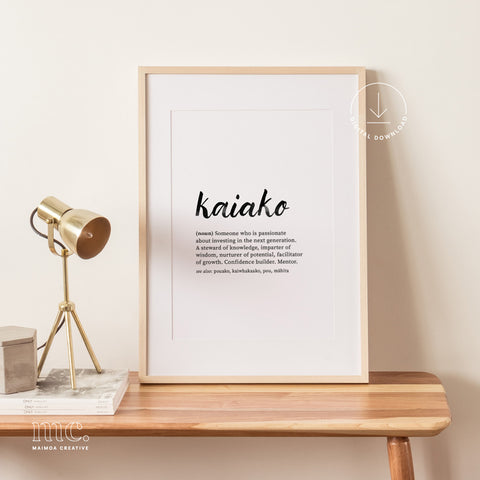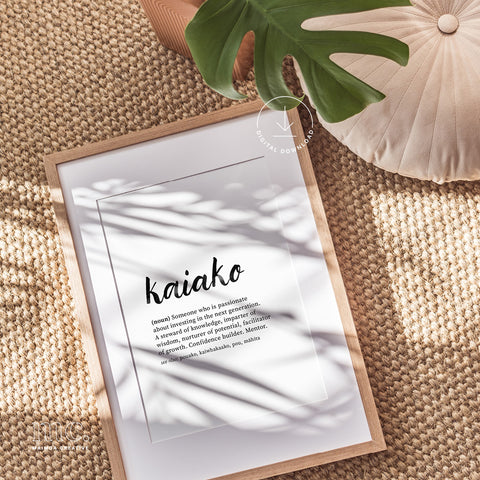As the school year kicks off for 2023 we have put together this post to remind teachers — and all humans really — the importance of respecting another person's name, regardless of their nationality or how foreign the name may seem to you. See our top five reminders below to help you prioritise addressing your student's to the best of your ability 🖤
1. Every student deserves the respect of having their name pronounced correctly, or at least the decency of you giving your best attempt.
Some tauira will default to a nickname, or an English substitute because they’re so used to their names being butchered. But ask them what they would prefer.
2. Names hold mana. Some ingoa are from tūpuna, or have a lot of history and significance behind it. Their name is part of their identity.
If you consider their name “too difficult” to make an effort to pronounce, you are communicating to them that a key part of their identity is not worth your time. This has a major impact on the way they may respond to you as a teacher. Students that feel valued will return respect.
3. Learning how to pronounce a name that is tricky for you takes all of 2 minutes (or less!). It involves humbling yourself, practice, and politely asking for guidance if you are still unsure.
Practice going through any tricky ones until they come naturally to you. Make sure students understand your genuine interest in learning and mastering their name, so they feel safe to help you pronounce it.
4. Do your homework. Go through your roll and practice saying all the names BEFORE roll call. Ask for help if there are any you are unsure about, otherwise ask the student on the day to make sure you are saying it correctly.
There is no shame in trying and apologizing if you are a little off the mark. Role modelling this in front of the whole class makes it clear to all your students that getting their names right is important to you, and that they should also care as much for their fellow classmates’ names.
5. Spelling matters. Pronunciation is only part of the equation, so make sure you study up on spelling each of your students’ names, because it is just as important.
—
Please be aware that although this post is about encouraging the correct pronunciation of someone’s real name, it should always come down to what they prefer to be called.
Some may still decide to go by a nickname to avoid hearing their name mispronounced, or just out of personal preference.
It may seem like a lot of effort (and it may be at the start), but if you get it right from the start, you are setting yourself up for a great year with your class. Not only will they feel valued and seen, but you are modelling to all of them that honouring someone’s ingoa is an act of respect that all people deserve.
—
Kupu/words:
kaiako - teacher
tauira - student
mana - significance, power, authority
tūpuna - ancestors
Helpful resource for pronouncing Māori and Pasifika names:
www.faamalosi.com

